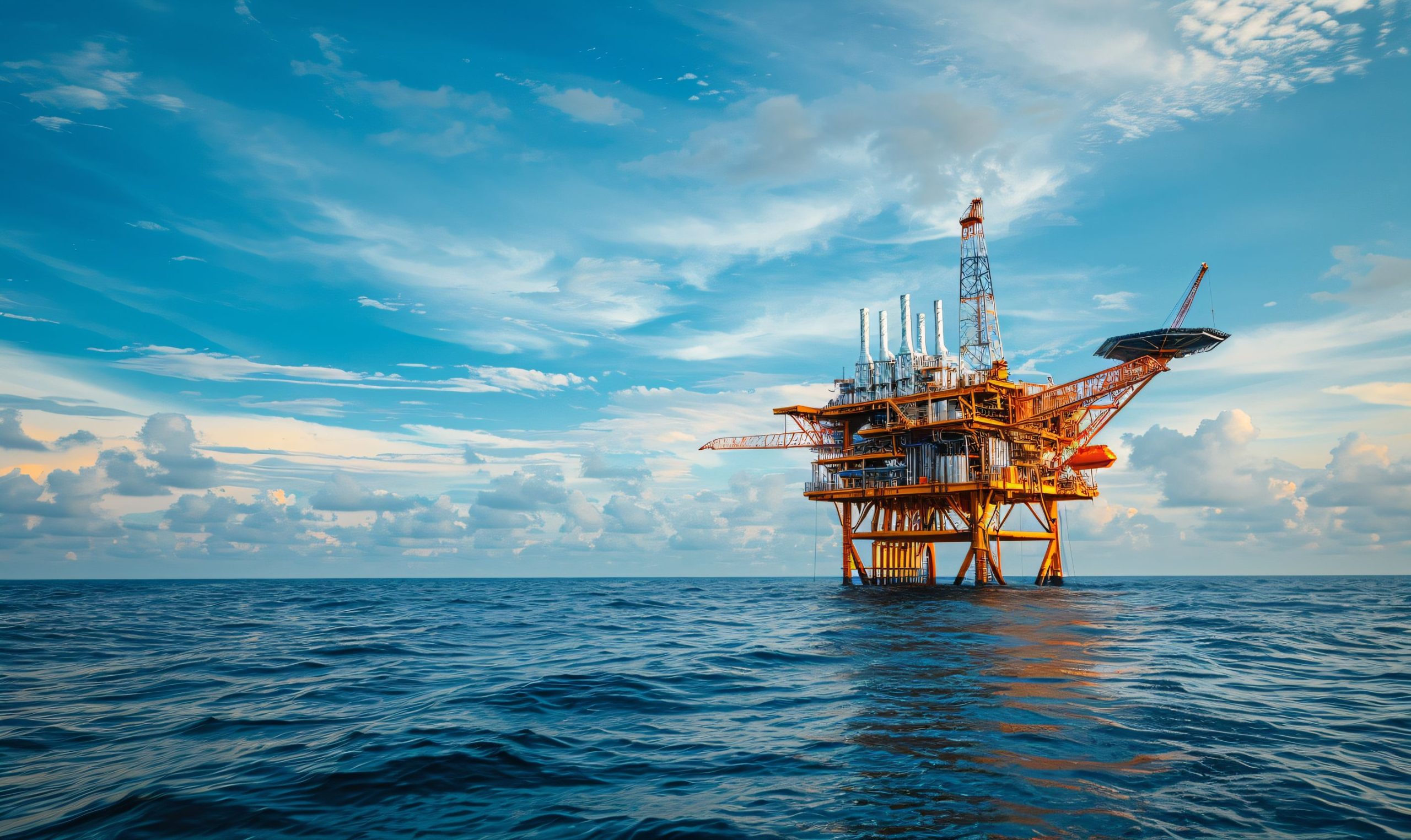- Home
- About Us
- Sealing Solutions
-
- Products
-
- Caterpillas Seals
- Hot Sale Caterpillar Seals
- CAT Buffer Seals
- CAT Crankshaft Oil Seals
- CAT Head Seals
- CAT Head Wear Rings
- CAT Lip Type Seals
- CAT Metal Bearings For 300 Hex
- CAT Pin Seals
- CAT Piston Ring Seals
- CAT Piston Seals
- CAT Press-in Wiper Seals
- CAT Seal Kits
- CAT Seal O-rings
- CAT Snap-in Wiper Seals
- CAT Snubber Seals
- CAT Seal Assembly
- CAT U-Cup Seals
- CAT Water Seals
- Agricultural Seals
- Industrial Automotive Seals
- Hydraulic Seals & Pneumatic seals
- O-rings
- Rubber Ring & Gasket
- Bonded Seals (Dowty Seals)
- O-Ring Cord & Rubber Strip
- Customized Parts
- Seal Repair Boxes and Kits
- Quad Ring Seals (X-Ring)
- Caterpillas Seals
-
- Materials
- Services
- Blog
- Contacts
- Shop Online
Menu

